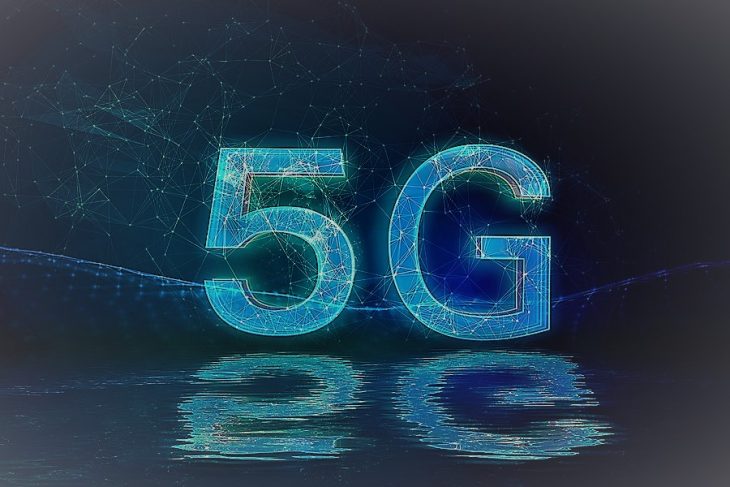
By Lynn Greiner
FORT COLLINS, Colo. – It seems every new technology suffers from the same problem – where vendors scramble to produce differentiated solutions and then belatedly realize that may mean their products don’t play well with the rest of the ecosystem.
This is where integration labs come in. They let partners (and competitors) test how well their equipment integrates with other technologies. The latest tech to require these labs is, no surprise, 5G.
While 5G standards have been designed so telcos can build their 5G networks with open, cloud-native platforms that use modular software and hardware components from different vendors, allowing them to deploy new 5G services faster, more securely, and in a more flexible way, this represents a big shift in a market that previously relied on proprietary, vertically-integrated systems.
Last week, Hewlett Packard Enterprise (HPE) unveiled the HPE 5G Lab in Fort Collins, Colorado, available to customers and partners worldwide via remote access. On site HPE personnel are provided to manage and operate the lab equipment and to assist with integration and testing. The company says it has already gained support from vendors including Affirmed Networks, Casa Systems, Intel, Metaswitch, Openet and Red Hat.
“The promise of open 5G innovations will only happen through strong industry collaboration,” said Alex Quach, Intel VP and GM wireline and core network, in a statement. “Through our work with the ecosystem, such as efforts with HPE in their 5G labs on Intel Xeon Scalable processor based HPE telco blueprints,” and continued investment in its 5G network infrastructure portfolio, Intel aims “to help our customers accelerate the delivery and deployment of their 5G solutions from core to edge,” he added.
The lab is based around the HPE 5G portfolio of solutions and will include multiple 5G related products and solutions including:
- HPE 5G Core Stack – including 5G network functions from HPE and its partners, HPE Shared Data Environment (SDE) and orchestration layer
- HPE Telco Cloud – including industry-standard servers, storage and networking components to run the 5G network, along with cloud and container platform software such as HPE Ezmeral Container Platform, RedHat OpenShift, RedHat OpenStack, and VMware Tanzu.
- HPE Telco Blueprints for Core and Edge – including the infrastructure and VM stacks, supporting both third-party and HPE solutions such as the HPE 5G Core Stack and HPE Edge Orchestrator
- Aruba networking equipment supporting telco-provisioned services for enterprise and Wi-Fi 6/5G interworking
“Red Hat is excited to continue our work with HPE to advance open source technologies and principles to help organizations look to deploy their next generation 5G networks,” said Darrell Jordan-Smith, global vice president, vertical industries and accounts, Red Hat, in a statement.
The lab’s initial focus will be on the cellular network core, using the HPE 5G Core Stack, allowing telcos to swap out network functions (NFs) as needed to help them stay nimble and ahead of the competition. The HPE 5G Lab enables telcos to test and validate multiple NFs from different vendors while relying on HPE for integration.
“Governments and telecoms operators around the world are looking to open 5G technologies as an opportunity to move away from a number of vendors, which have raised fundamental concerns around security, resilience and market diversification,” said Phil Mottram, vice president and general manager of communications at HPE, in a statement. “However, despite multiple successful deployments, doubts still persist about the ability of open 5G technologies to truly replace the old way of building networks. With the launch of the HPE 5G Lab, telcos, solution vendors and national stakeholders can test innovative new solutions with confidence and ensure that they are ready for mass adoption.”
To access the HPE 5G Lab and achieve validation with the 5G Core Stack, the company says ISVs first need to join the HPE Partner Ready program. This will allow them to demonstrate compliance with 3GPP standards and benefit from HPE’s growing 5G ecosystem, including HPE’s global salesforce, go-to-market support and delivery models through HPE GreenLake and HPE Financial Services.



